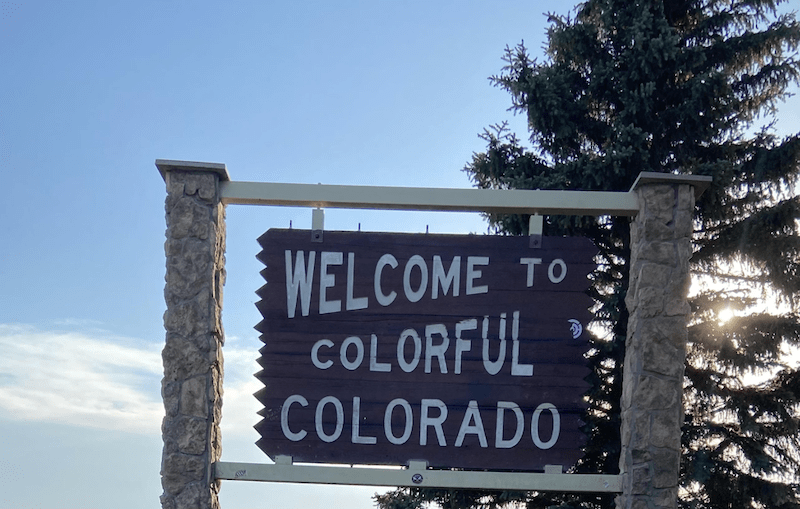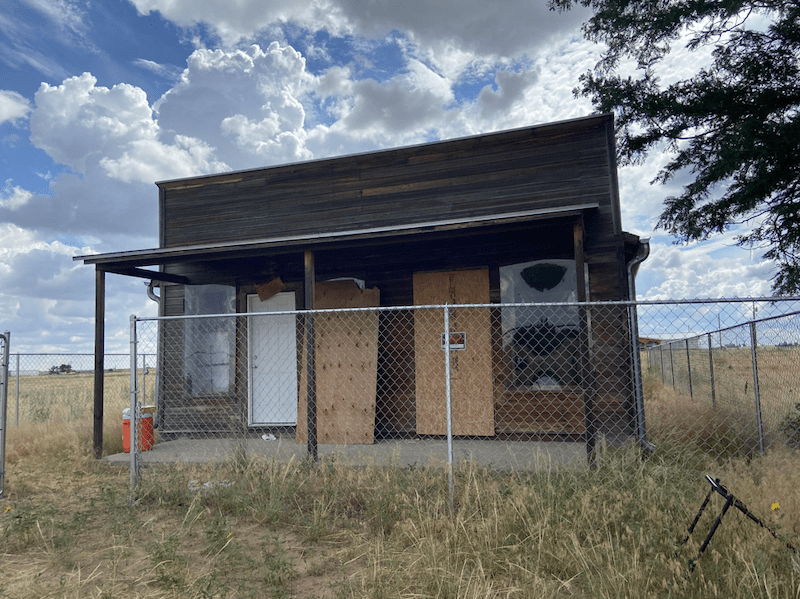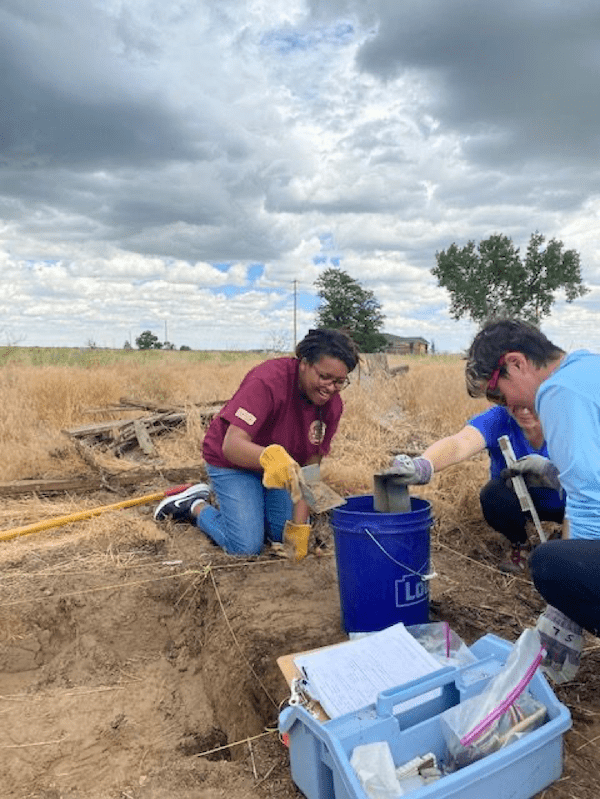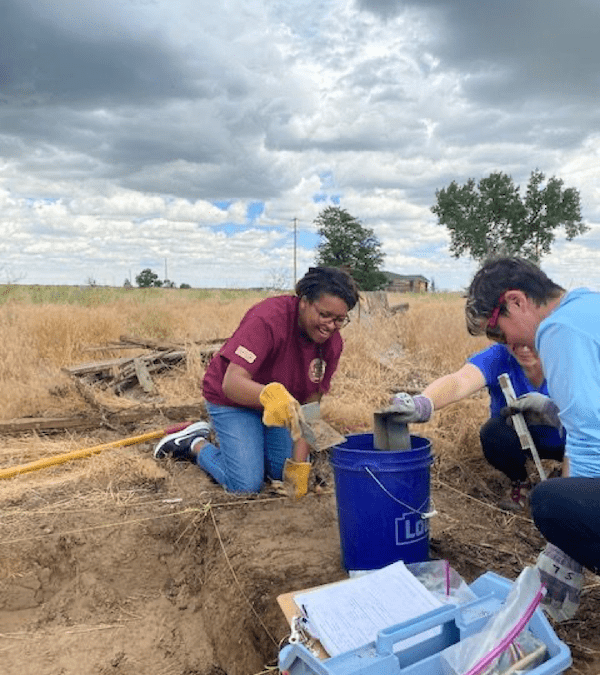Culture Shocks
Written by: Victoria McKeller-Peoples

June 14-July 9
My first few weeks can only be described as a culture shock. From traveling across the country from different landscapes, time zones, and accents to sitting in a cubicle. I have spent the first few weeks getting acclimated into this new culture shock, moving from a part-time customer service job to having the range and capability to research something I am interested in and that could possibly help the landscape of history in the Intermountain Region. My weeks here resulted in introductions, possible research topics, a scholars roundtable, and archaeological fieldwork.
What do I love to research?
Through introductions to other people on the team and a history lesson on what the Heritage Partnership Programs does, I had to figure out what was something passionate enough for myself to research and that would add to the history of the area. It was a difficult transition to grasp, but it was exciting, it is what I wanted to do and explore. I have spent most of the time working on preliminary research, focusing on Native and Black relations in Indian Territory (now present day-Oklahoma) in the 1830s-1860s. It was an exhilarating turn, it was within the confines, but something that was my own. Over the past few weeks, I have learned more about Native and Black relations than I could ever imagine. This research has allowed me to get to speak to other historians and resources in Oklahoma.
The Underground Railroad in Texas: Virtual Scholars Roundtable
From June 22-June 24, a scholars roundtable took place to speak on the history and future study of the complexities of the Underground Railroad in Texas. Listening to historians speak so passionately about topics they have spent years researching was an amazing experience. It showed that mastery in a topic takes time and there is always something new to learn.
Dearfield –

Dearfield was a Black settlement in Colorado in the early 1900s and is the only settlement that has standing buildings. The trip to the site turned out to be a volunteer event, helping with the archaeological dig that was taking place. I was able to learn about the complexities of reclaiming a historic site to preserve it and look further into it. There was a lot of unknown, from the future of some of the standing buildings to what the dilapidated buildings’ purpose was. It allowed me to realize that history and archaeology are tiny steps that lead to something that is hopefully great. I spent time helping the lead archaeologist measure the dimensions of the site, digging and finding what seemed to be a tin roof, and exploring the founder’s home.

Learn more about American Conservation Experience.
